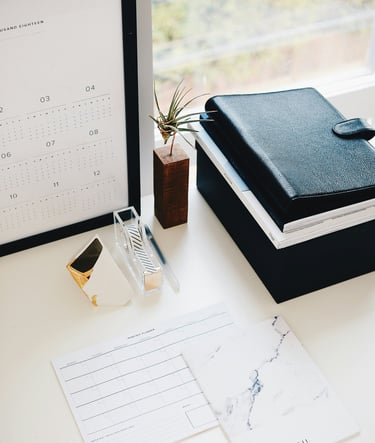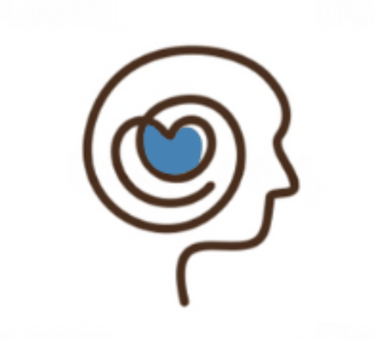With Great Organization Comes Great Productivity
Life can get hectic, so it’s important to be able to set effective routines and schedules for yourself to avoid negative impacts on your mental health. Read more to dive into the different impacts of good and bad time management and how good organization can lead to good overall mental health effects.
Karisma Lee
8/27/20253 min read


The life of the average teenager can encompass a plethora of things. For student athletes, life includes practice, possible late nights, and games. For theatre kids, there are rehearsals and show days. For those with busy lives outside of school, there are numerous personal responsibilities to attend to during non-school hours. The common denominator between these groups: constant battles between finding a good balance between school obligations and everything else going on. The life of a teen can be hectic, and when life for teens gets unorganized, there can be many bad side effects on both their mental health and academic performance. That being said, the teen who goes out of their way to organize an efficient routine for themselves allows for not only a better way to get everything done, but also many positive mental health effects for an overall healthier lifestyle.
When day-to-day schedules are overloaded with no plan of attack, there can be negative effects on your everyday life. Some of these include:
High Stress: Stress is an undeniable symptom of an unorganized life. Without a set time to complete certain tasks, there’s a high probability that things will get forgotten or overlooked, leading to that homework that's due at 11:59 pm going undone. When things start to stack up on your plate, the stress that already came with the heavy schedule increases even more, leading to possible panic about the uncertain future where you fail to accomplish all you were meant to do.
Poor Sleeping Habits: As a student, things have to get done when they need to be done. With submission times at almost midnight, this can lead students to postpone plans with their oh-so-needed companion sleep, leading to trouble focusing and operating the next day.
Loss of Personal Time: When our antagonist procrastination hits, the time for video games and television gets demolished to get all the work you need to get done completed. Without a good schedule that includes personal time, you won’t be leaving time for yourself to enjoy the life you’re living. A lack of personal time in a day can then lead to you frying your brain, leading you to be burnt out from all of the work you’ve had to push through.
But if you organize your life with a personal schedule or routine to follow consistently, life can get a lot better due to the positive impacts of organizing your life. Some examples of these impacts are:
Less Stress: If having an unorganized life increases stress levels, then organizing your life so that everything that needs to get done gets done will decrease said levels. Once you know everything you need to complete and when, setting time intervals in the evening and staying focused on each task will ensure that you won’t be stressing at 11:30 at night about that 20-question math homework you didn’t complete. So if you are tired of stress from uncompleted work, get to work on making yourself a productive and efficient routine.
Better Sleep Schedule: If you have an effective schedule for yourself, completing your work earlier and at better times will eventually become child's play. Then, you can finally begin to prioritize building a healthy sleep schedule.
More Enjoyment: Just like with making time to prioritize sleep, a healthy routine can allow you to fit in time for the things you love. Whether that’s playing video games, reading a newly released book, or watching a movie, the average person needs to be able to make time to do something in the day that allows for personal enjoyment.
There are many ways to try and organize your life. This may include scheduling your time in your phone calendar, investing in a planner to use efficiently, keeping track of your time with a clock to ensure you're being productive, creating a to-do list, rewarding yourself when you're productive, and the list goes on and on. It all depends on what works best for you, and finding that method will be the key to organizing your life.
With a good schedule and little procrastination, having time for schoolwork, personal activities, and sleep could be at your fingertips. However, all these positive impacts won’t come with one accomplished day. Getting out of bad procrastination habits and both making and following an effective schedule takes time, but being consistent and sticking with healthier habits over time will bring you closer and closer to a more efficient lifestyle. All you have to do is get started.
-Karisma
Resources:
